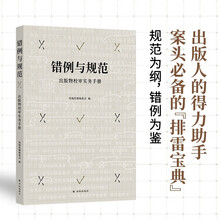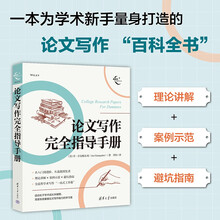However, his famous article in 1966 focuses on rhetorical differences and associates the writing of Anglo-Americans with the tradition ofWestern rhetoric as represented in the theories of Aristotle. Despite thefocus on rhetoric, Kaplan only mentioned one of the three major components in Aristotle's rhetoric. He ignored the other two components-rhetorical appeals and persuasive language.
4.4.2 New Contrastive Rhetoric
The discussion of the contemporary state of contrastive rhetoric onthe Presidential Colloquium of TESOL 96 showed "much broadening anddeepening of the field in the ranges of genres studied" ( Scollon 290). Itexpresses the same idea with Connor:
In the 1990s, significant changes have taken place in contrastive rhetorical research. Contrastive rhetoric seems almost to haveexperienced a revolution in the Khunian sense, a paradigm shift.The traditional contrastive rhetoric framework is no longer able toaccount for all the data, and an expanded framework is needed. Abroader definition that considers cognitive and soicocultural variables of writing in addition to linguistic variables ahs been substituted for a purely linguistic framework interested in structural analysesof products. ( Connor, Contrastive Rhetoric 18)
This new contrastive rhetoric came from both within and outside thedomain of it. On the one hand, many criticisms have forced Kaplan andother contrastive rhetoricians to go beyond the traditional, linguisticstand to take a more measured view.
……
展开










